The Mummy is set to make its return to theaters, bringing a fresh crew, narrative, and casting choices. This upcoming project marks a silver lining from the ambitious yet unsuccessful reboot led by Tom Cruise in 2017. While many classic horror icons have attempted to reemerge onto the silver screen in recent years, the results have been mixed. Some adaptations veered too far off the original concept, losing audience interest, while others creatively reinterpreted these beloved monsters, gaining acclaim. Just as creatures like Frankenstein’s monster gear up for their comeback, The Mummy is also gearing up for a revival.
At the heart of The Mummy’s lore is the story of an ancient Egyptian priest mummified in his tomb, who, upon resurrection, brings with him a devastating curse. Since the initial film release in 1932, the franchise has undergone numerous transformations. The most recent entry, the 2017 reboot featuring Tom Cruise (who was not cast as the titular Mummy), floundered, leaving fans yearning for a better adaptation. Now, the new Mummy movie is in the capable hands of director Lee Cronin, with a projected release set for April 2026. Although filming has only recently commenced, it provides hope that positive changes are on the way following the disappointments of the past.
The New Mummy: A Standalone Film, Not Part of a Shared Universe
The New Mummy Will Stand Alone
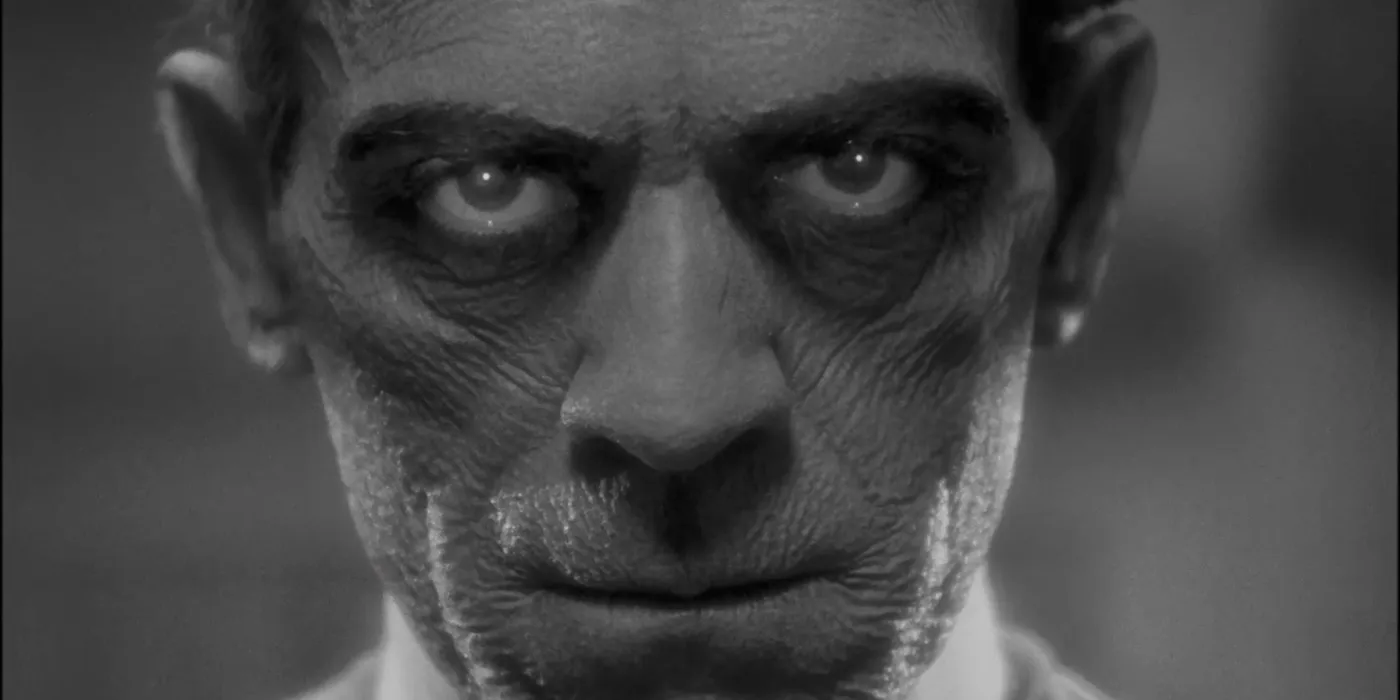
The revival of The Mummy was first hinted at in 2024, albeit discreetly. In June 2024, New Line Cinema added an unnamed project to its lineup, with Lee Cronin as the director. It was not until December that confirmation arrived, revealing it as a fresh take on The Mummy. This development coincides with a broader trend of reimagining classic monsters; in light of the 2017 reboot’s lackluster reception, it makes sense that The Mummy would be given another shot. Fortunately, this new iteration is being produced as a standalone film instead of as part of a broader cinematic universe.
The ambitious vision for a modern shared universe known as the Dark Universe, which included classic Universal Monsters, faced significant hurdles. The primary flaw of the 2017 film was its emphasis on establishing this extensive universe rather than delivering an engaging and cohesive story. Critics pointed to several issues, ranging from tonal inconsistencies to a lack of originality and subpar special effects.
With a mere 15% critic score on Rotten Tomatoes and an even lower audience score of 35%, 2017’s The Mummy effectively quashed the prospects for the Dark Universe. Following its financial failure, Universal shifted gears in 2019, opting to focus on standalone films rather than pursuing a shared narrative, abandoning the Dark Universe concept completely (source: Variety). Interestingly, while the new Mummy film is not being distributed by Universal, it adheres to the studio’s vision of a standalone format, ensuring no ties to any previous cinematic universes or future crossover plans.
Hollywood’s Takeaways from the Dark Universe’s Pitfalls
Valuable Lessons from the Dark Universe’s Decline
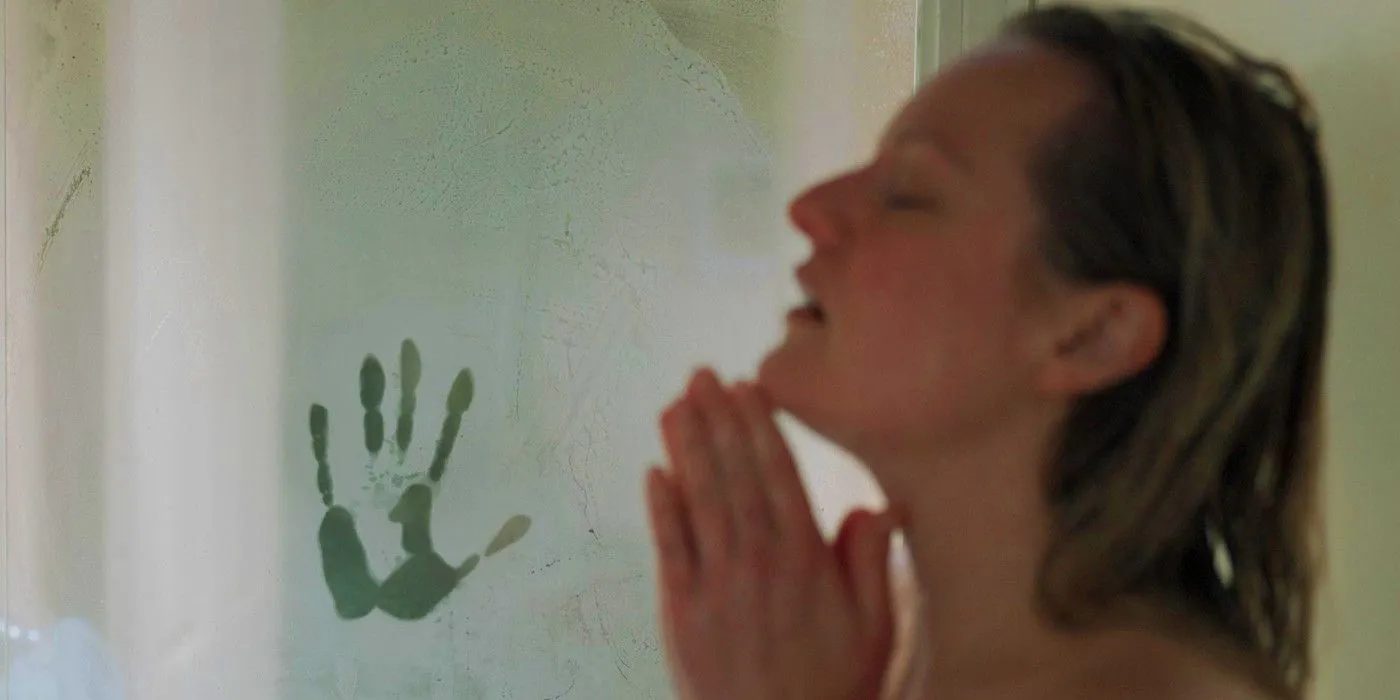
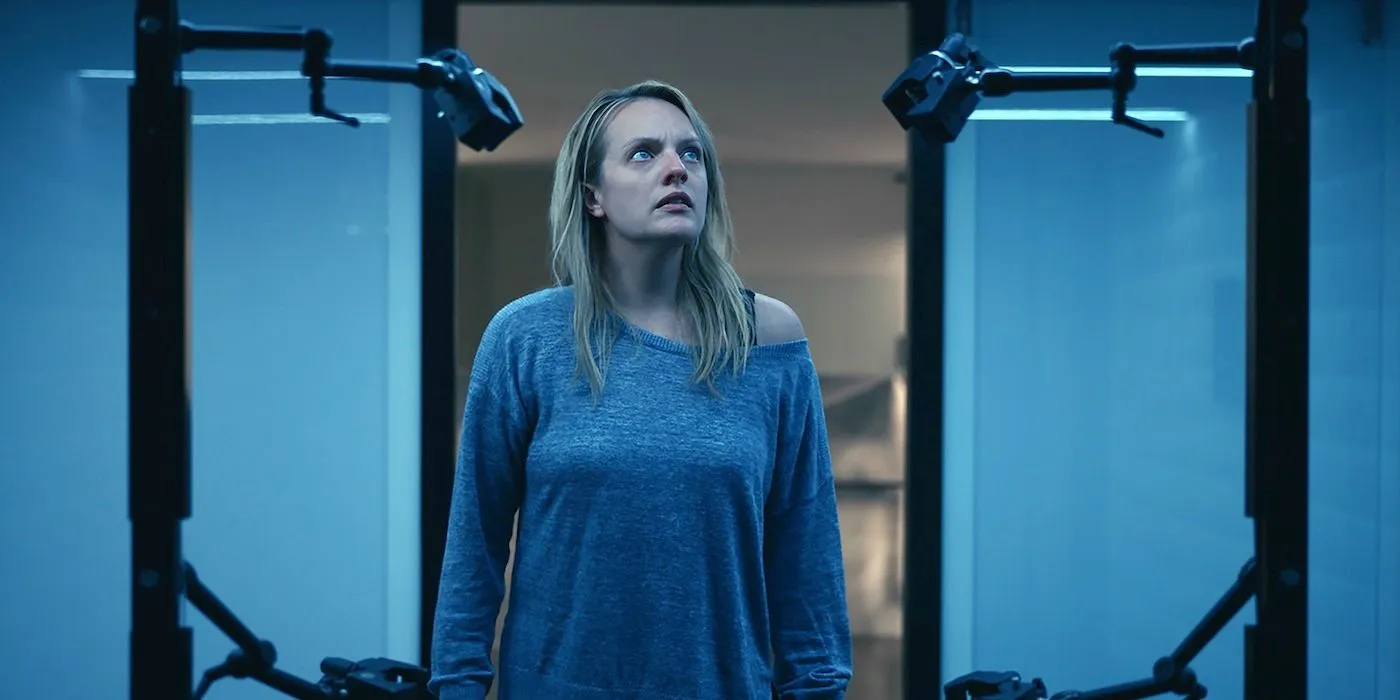
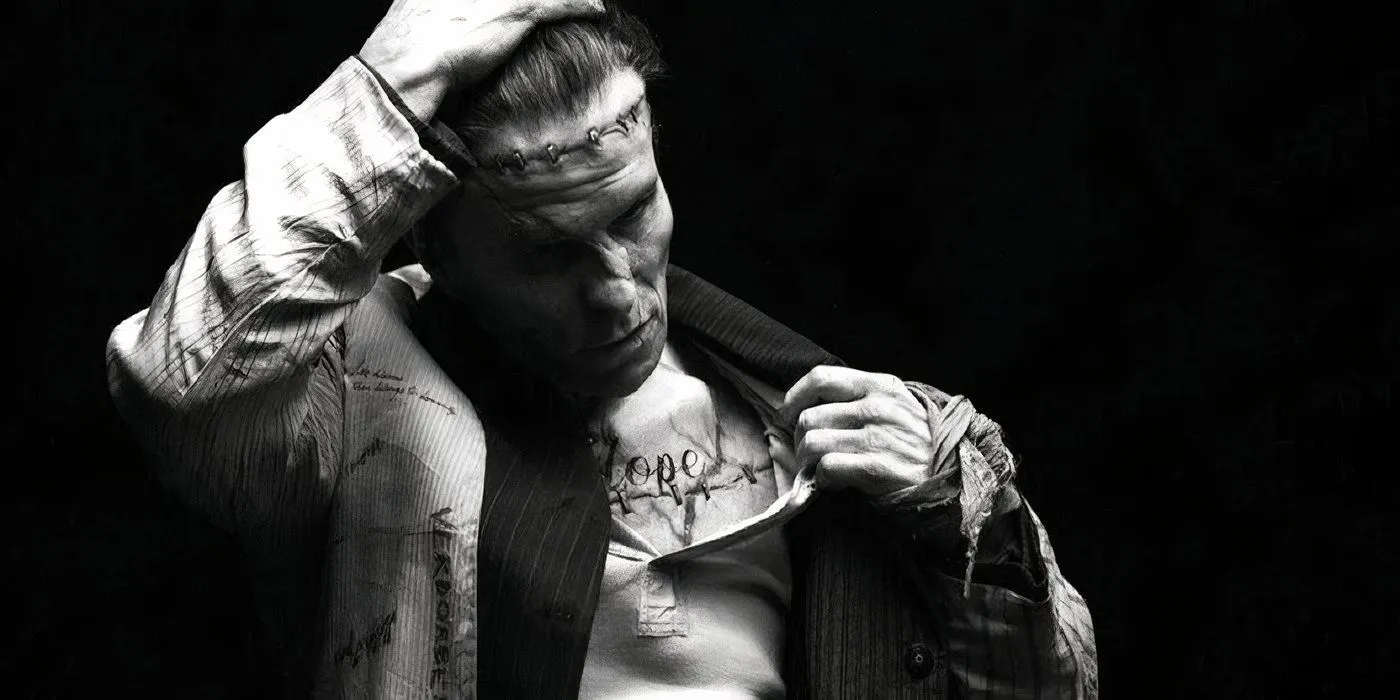

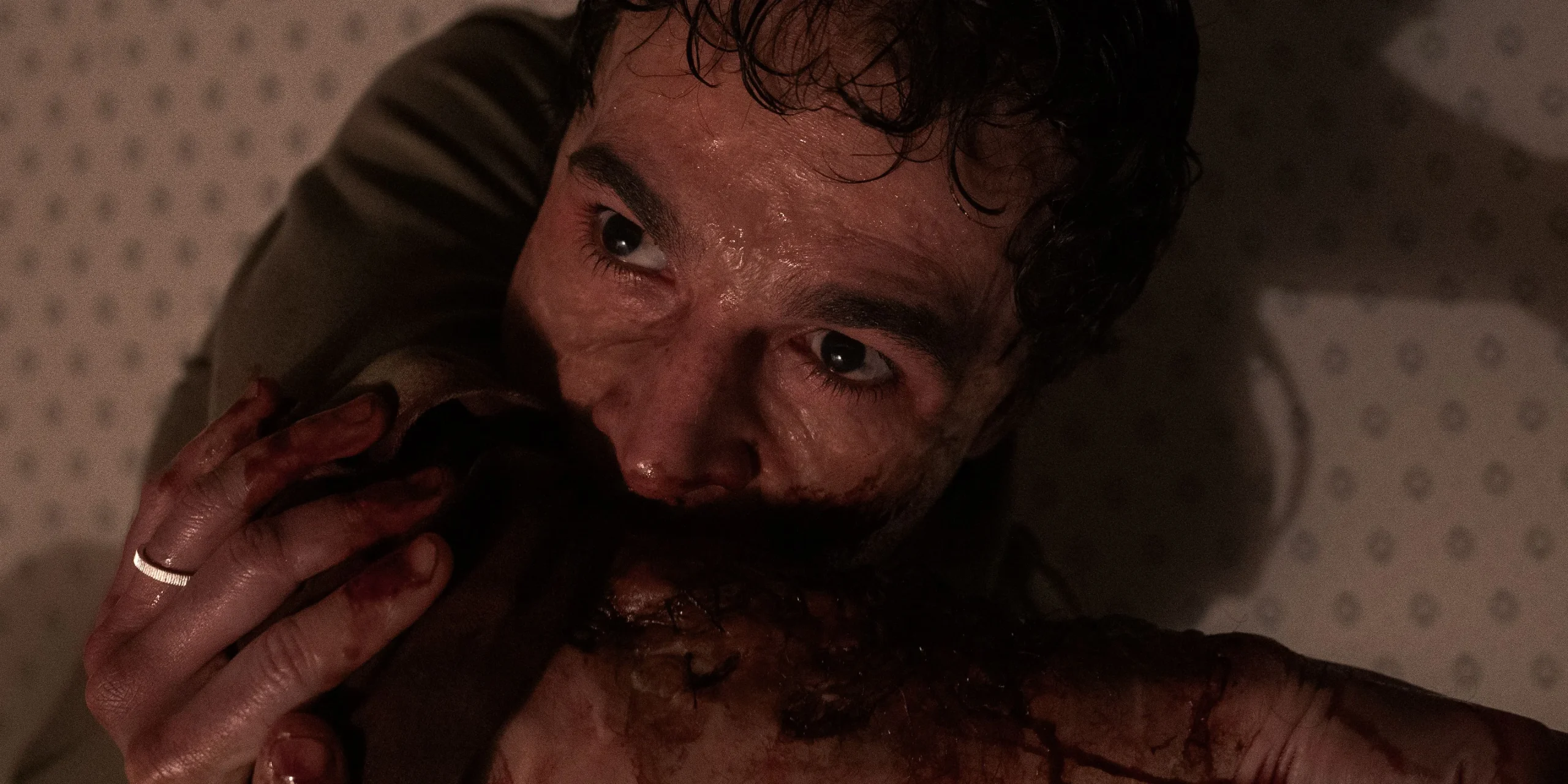
The emergence of shared universes in mainstream cinema has largely been driven by the success of the Marvel Cinematic Universe, prompting other studios to attempt replicating this formula. However, it is essential to recognize that what succeeds for one franchise may not seamlessly translate to others. Universal’s classic monsters are not superheroes and are grounded in vastly different worlds; thus, they should indeed be treated as unique entities.
Today, reimagined Universal monsters are better suited for standalone films, allowing each character to thrive within its distinct narrative environment. Films like The Invisible Man and The Wolf Man, along with the soon-to-be-released The Mummy, illustrate that valuable lessons have been grasped from the Dark Universe’s missteps. It’s clear that audiences prefer unique storytelling that respects the individual histories of these horror icons rather than forcing them into a shared universe dynamic that failed to take off.
Source: Variety.


